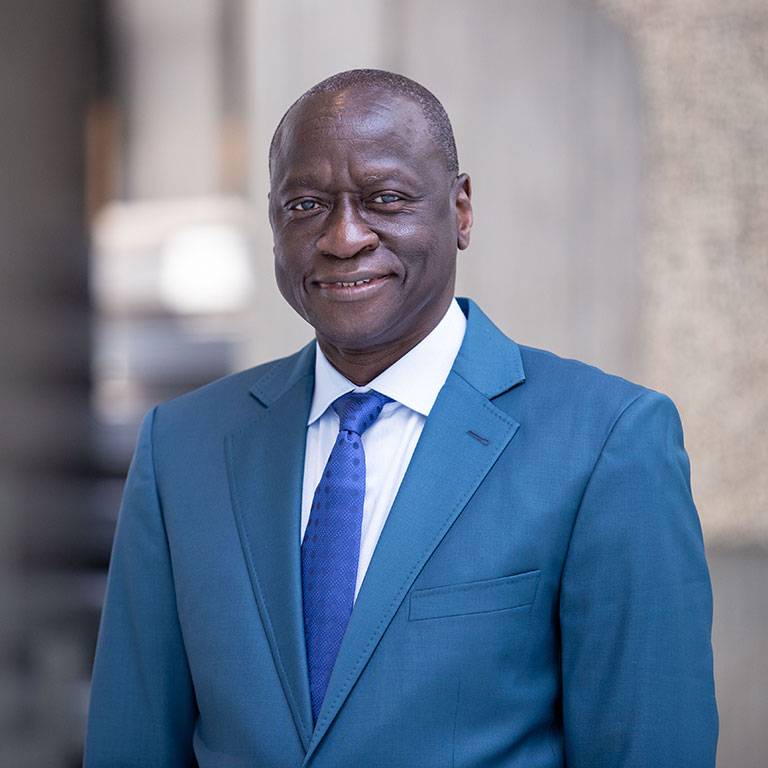World Bank to double educational funding for Central, West Africa
The World Bank Group seeks to double its funding for education in the Western and Central African region by 2025 to accelerate the work of educational reforms, a senior official of the bank said.
Ousmane Diagana, the World Bank Vice President for Western and Central Africa, said this at a press briefing after a one-day strategy meeting of education and finance ministers from the region.
“Currently, our educational portfolio for the region is 3.1 billion dollars, but we intend to double this amount by 2025, making it a minimum of 6.2 billion dollars,” said Diagana.
The vice president said there was the need to accelerate the bank’s support for educational reforms in the region, given the challenges ahead and the challenges imposed by the demography of the continent, and the need to reduce poverty in the region.
As the bank will meet with African leaders in Senegal in July to discuss the new program of financing for the region, Diagana said education would be at the center of these discussions. Strategically, he said the discussions would focus on energy, food, agriculture, education, health, and digitalization.
The one-day meeting attracted more than 40 finance and education ministers from Western and Central Africa. The meeting concluded with an urgent call to advance reforms in education and deliver better access to quality education for young people across the region.
During the meeting, the World Bank unveiled its new regional education strategy titled “From School to Jobs: A Journey for the Young People of Western and Central Africa” for the region.
The strategy provides a roadmap for investments to improve learning and equip young people with the right skills to access productive jobs.
Humanitarian Crisis
Urgent international funding is needed to assist communities in the Horn of Africa (HOA) experiencing the worst drought in 40 years and avert a major humanitarian crisis in the coming months, Concern Worldwide, an international campaigner, has warned.
More than 23 million people are currently in need of humanitarian support in Ethiopia, Somalia, Kenya, Sudan and South Sudan, after four failed rainy seasons over the last two years, Concern Worldwide said in a statement issued late Monday.
“Worryingly, early forecasts indicate that the main rainy season this October-December will also fail,” it said, adding that an estimated number of 5 million children in the region are malnourished, with 1.6 million experiencing severe malnutrition, putting their lives at risk.
During the drought of 2011 in the region, 13 million people needed humanitarian support, in a famine which resulted in 260,000 deaths in Somalia. Currently, there are 17 million people in need of humanitarian support in Kenya, Somalia and Ethiopia — and this figure is expected to rise to 20 million by September, according to the organization.
ALSO READ: World Bank approves $129mn grant for South Sudan
On Monday, the Food and Agriculture Organization (FAO) of the United Nations appealed for 172 million U.S. dollars in assistance to help avert a humanitarian catastrophe in the Horn of Africa region.
FAO, in a press release statement, said it needs 219 million U.S. dollars to prevent a deterioration of food security conditions in the region, but only 47 million U.S. dollars of the needed funds have been mobilized so far. It highlighted the funds appeal is, in particular, focused on four drought epicenters in the region that are Djibouti, Ethiopia, Kenya and Somalia.
Drought conditions, particularly across many parts of the Horn of Africa region, are crippling food production, depleting pastures, disrupting markets, and even causing widespread human and animal deaths, according to the United Nations.

